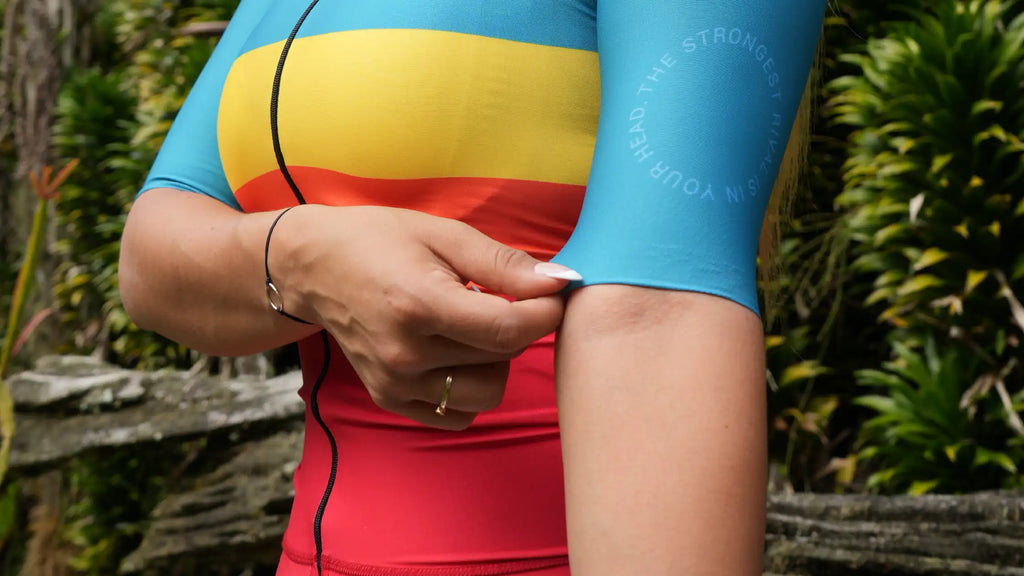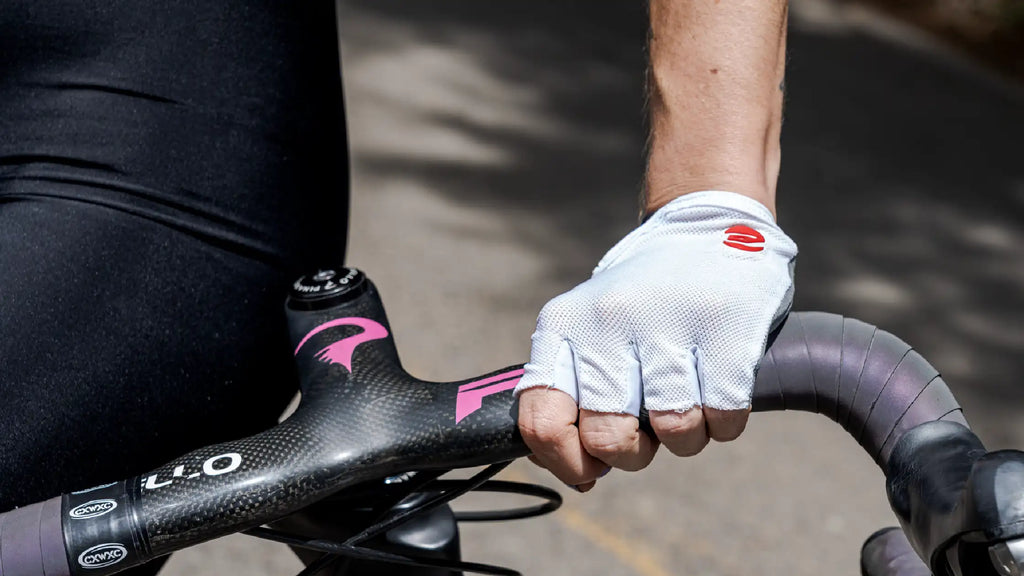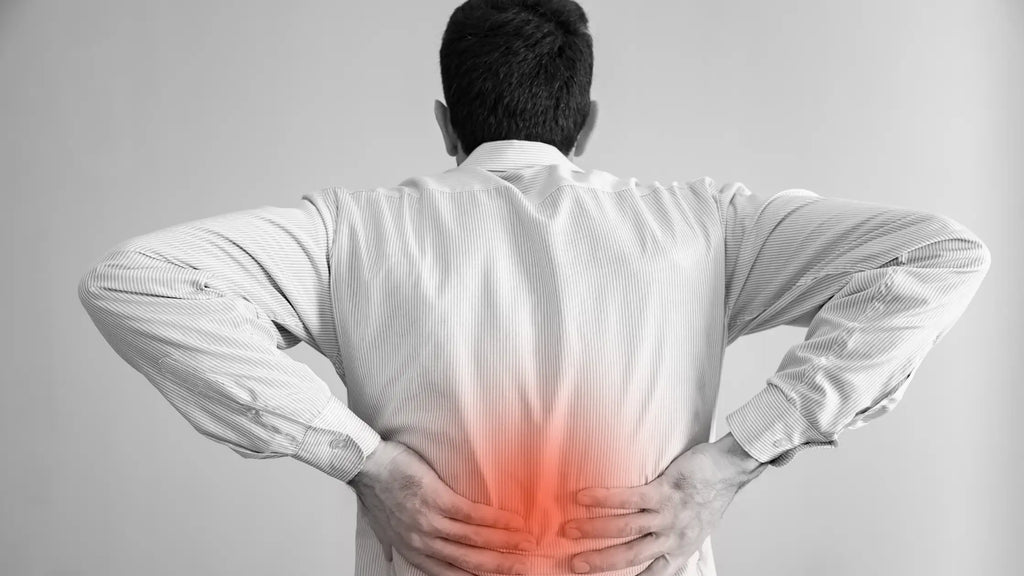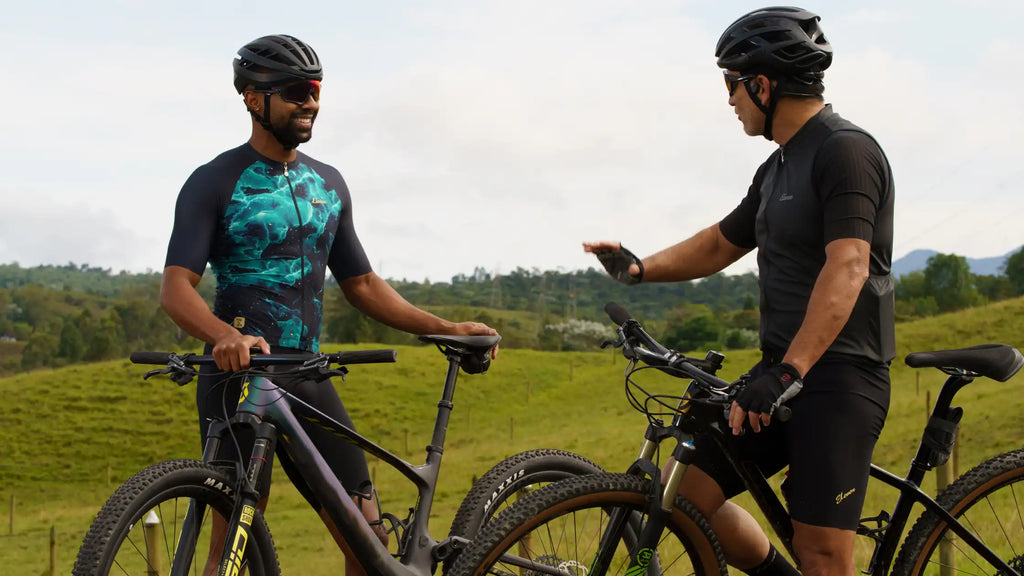
Nutrition for cyclists: what to eat before, during and after your bike rides to maximize your energy and recovery

Nutrition plays a critical role in cyclists ' performance and recovery. From pre-pedal preparation to the recovery phase after a day on the bike , every bite counts to optimize performance and stay at the top of your game. In this article, we'll explore what to eat before, during and after your bike rides to maximize your energy and recovery.
Before going out to shoot
Preparation before your bike ride is key to ensuring you have the energy and stamina necessary for optimal performance. Here are some additional strategies to maximize your preparation before getting on the bike:
-
Meal planning
Don't underestimate the importance of planning your meals before a bike ride. Take time to plan a balanced meal that includes a combination of carbohydrates, protein, and healthy fats. This will provide you with the necessary nutrients to fuel your performance and maintain energy during your ride.
-
Food timing
Consider when you plan to eat before your bike ride. Ideally, you should eat a full meal approximately 2-3 hours before your ride to allow your body to properly digest and absorb nutrients. If you don't have that much time, opt for a light snack rich in carbohydrates and protein approximately 30-60 minutes before your departure.
-
Energy breakfast
Breakfast is one of the most important meals of the day, especially for cyclists. Be sure to include a variety of energy-dense foods in your breakfast, such as whole grains, fresh fruits, eggs, Greek yogurt, or protein shakes. This meal will provide you with the energy you need to start your journey on the right foot.
-
Nutritional supplements
If you wish, you can consider using nutritional supplements to complement your food intake before your bike ride. For example, caffeine may be useful for improving performance and increasing endurance during exercise. However, it is important to experiment with new supplements during your workouts to determine how they affect your individual body.
-
Stretching and warming up
In addition to proper nutrition, don't forget to include stretching and a proper warm-up in your pre-pedal routine. Performing dynamic stretches and warm-up exercises will help prepare your muscles and joints for exercise, reducing the risk of injury and improving your performance on the bike.
during the walk
During your cycling outings, it is essential to maintain a proper balance of hydration and nutrition to maintain your performance and endurance . Here are some additional strategies to ensure you're well-fed and hydrated while you're on the road:
-
Regular water consumption
Staying hydrated during exercise is essential for optimal performance and overall health. Drink small sips of water regularly throughout your ride, especially in hot weather or during long outings. Carrying a water bottle with you or using a hydration pack will allow you to easily access fluid when you need it.
-
Electrolytes and sports drinks
In addition to water, consider consuming sports drinks that contain electrolytes to replenish minerals lost through sweat, such as sodium, potassium, and magnesium. These electrolytes are essential for maintaining fluid balance in your body and preventing dehydration and muscle cramps. Alternating between water and sports drinks can help maintain a proper balance of hydration and electrolytes during your ride.
-
Energetic food
As you progress on your journey, it 's important to maintain your energy levels with energy-dense foods that are easy to transport and consume. Energy bars, carbohydrate gels, dried fruits, and energy cookies are convenient options that can provide a quick boost of energy without requiring much preparation. Eat these foods every 45-60 minutes to maintain a constant supply of fuel for your muscles.
-
Intensity monitoring
Adjust your food and liquid intake based on the intensity and duration of your ride. During more intense efforts or in extreme weather conditions, you may need to increase your carbohydrate and fluid intake to maintain energy and prevent dehydration. Pay attention to your body's signals and adjust your nutrition and hydration strategy accordingly.
-
Scheduled breaks
Take advantage of planned stops during your tour to replenish fluids and food, stretch your muscles, and rest briefly. Use these breaks to recharge and mentally prepare for the next leg of your journey. Also, be sure to select safe and suitable places to stop and rest.
after the walk
The recovery phase after your bike ride is crucial to repair muscle tissues, replenish energy stores and prepare you for future training . Here are some additional strategies to maximize your recovery after your bike ride:
-
Recovery window
During the first 30-60 minutes after your ride, take advantage of the "recovery window" to replenish your glycogen stores and facilitate muscle repair. Eat a meal or snack that contains a combination of carbohydrates and protein to optimize recovery. Protein shakes, bananas with almond butter, or a balanced meal with rice, chicken, and vegetables are excellent options for this stage.
-
Rehydration
After your ride, be sure to rehydrate properly to compensate for fluid loss through sweat. Drink water regularly in the hours after your bike ride and consider adding a pinch of salt to your drinks to help replenish electrolytes lost during exercise.
-
Anti-inflammatory foods
Incorporate foods with anti-inflammatory properties into your diet after your ride to reduce muscle inflammation and speed recovery. Colorful fruits and vegetables, such as berries, spinach, broccoli, and ginger, are rich in antioxidants and anti-inflammatory compounds that can help relieve muscle soreness and improve recovery.
-
Stretches and massages
Take time to stretch your core muscles after your ride to improve flexibility, reduce muscle stiffness, and prevent injury. Additionally, consider scheduling sports massage sessions to relieve muscle tension, improve blood circulation, and speed up muscle recovery after your bike rides.
-
Rest and sleep
Don't underestimate the importance of rest and sleep in the recovery process. Allow yourself time to properly rest and recover between your training sessions, and prioritize quality sleep to promote muscle repair and central nervous system recovery. Try to establish a regular sleep routine and make sure you get enough sleep to allow your body to fully recover.
In conclusion, proper nutrition before, during and after your bike rides is crucial to maximizing your energy and facilitating recovery. Eating correctly will help you maintain optimal performance and prevent fatigue. Additionally, good nutrition can speed muscle recovery and reduce the risk of injury. It is important to design a personalized nutritional plan that fits your specific needs as a cyclist, considering factors such as the duration and intensity of exercise, as well as your individual goals.






































